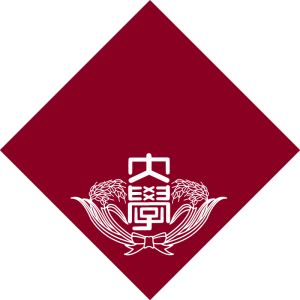Tokyo’s Waseda University is investigating alleged misconduct by an assistant professor at the institution, Retraction Watch has learned.
The probe is focusing on at least three works by Woohyang Sim, of the Faculty of International Research and Education, including her 2020 doctoral dissertation, titled “What is Higher Education For? Educational Aspirations and Career Prospects of Women in the Arab Gulf.” Two of Sim’s published papers are also under scrutiny, according to a source familiar with the investigation.
In June 2022, an anonymous commenter on PubPeer flagged several problems with these publications, as well as with Sim’s master’s thesis and another one of her papers. That same month, a whistleblower notified the Japanese government about the concerns, according to the source.
Waseda has faced problems with research misconduct in the past. In 2015, the school revoked the PhD of cell scientist Haruko Obokata, due partly to plagiarism concerns, as we reported that year. Obokata was first author on a pair of controversial Nature papers describing an easy way to create stem cells with the so-called STAP method; both articles were retracted in 2014.
On the heels of the scandal, Waseda said it would be vetting all dissertations submitted to the Graduate School of Advanced Science and Engineering for signs of plagiarism and other irregularities.
Waseda University told Retraction Watch it “takes strict measures in dealing with any compliance violation, including research misconduct” but that “currently there is no information that we are able to disclose.”
Sim did not respond to our requests for comments about the new investigation. But in a May 16 email Retraction Watch has seen, Sim acknowledged:
I am currently undergoing a research ethic committee process and cooperating fully with the procedure. I have provided all raw data I possess and I am awaiting the committee’s final report.
Sim, who is listed as a “co-researcher” on a $13 million joint project between Waseda University and Qatar University, also wrote:
I would like to address the concerns raised about my work, acknowledging that I have identified a few inconsistencies resulting from careless mistakes. As a non-native speaker of English, I admit that I placed significant emphasis on accurately translating my work into a language in which I do not feel entirely comfortable. In the process of writing, driven by anxiety, I may have overlooked some crucial details that required more attention.
However, I want to assure that any mistakes in the paper were unintentional, and I did not intentionally fabricate or alter any information.
One of the papers that were flagged on PubPeer, “The Educational Aspirations of Saudi Arabian Youth: Implications for Creating a New Framework to Explain Saudi Arabian Society,” published in FIRE: Forum for International Research in Education in 2016, no longer resolves from its DOI.
The journal’s senior editor, Alexander W. Wiseman of Texas Tech University, did not respond to our emails or phone calls. Nor did we hear back from Lehigh University, in Pennsylvania, which is responsible for maintaining the paper’s DOI.
Like Retraction Watch? You can make a tax-deductible contribution to support our work, follow us on Twitter, like us on Facebook, add us to your RSS reader, or subscribe to our daily digest. If you find a retraction that’s not in our database, you can let us know here. For comments or feedback, email us at [email protected].
